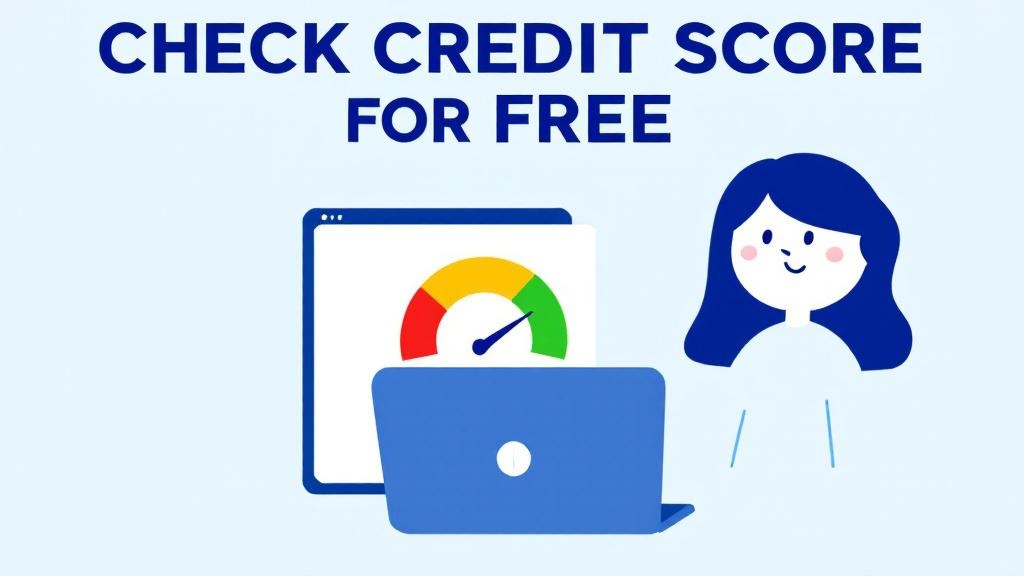Life insurance for self-employed individuals isn’t just about financial protection—it’s about building a solid foundation for your family, business, and future. When you’re not covered by an employer’s benefits, finding the right policy becomes crucial. That’s where life insurance with cash value comes into play—a unique option that offers both protection and savings.
Whether you’re a freelancer, contractor, gig worker, or small business owner, understanding how life insurance with cash value works can help you make smarter financial decisions. Let’s dive in.
📌 What is Life Insurance with Cash Value?
Life insurance with cash value is a type of permanent life insurance that not only provides a death benefit but also accumulates a savings component over time. This “cash value” grows tax-deferred and can be borrowed against or withdrawn.
Unlike term life insurance for self-employed, which only provides coverage for a fixed term, cash value life insurance is designed to last your entire life.
Common Types of Life Insurance with Cash Value
Here are the primary policy types that offer cash value:
Whole Life Insurance – Offers fixed premiums, guaranteed death benefits, and a predictable cash value accumulation.
Universal Life Insurance – More flexible, with adjustable premiums and death benefits.
Variable Life Insurance – Lets you invest the cash value in mutual fund-like sub-accounts for potentially higher returns (and higher risk).
Indexed Universal Life – Cash value grows based on stock market index performance (e.g., S&P 500), offering a balance of growth and protection.
🤔 Why Cash Value Life Insurance Matters for the Self-Employed
If you’re self-employed, your financial needs are different. There’s no employer-provided group policy, and you bear the burden of planning everything—from health insurance to retirement. Here’s how cash value life insurance fits in:
1. It’s a Dual-Purpose Financial Tool
You get life coverage for your loved ones and a built-in savings account that you can use during your lifetime.
2. Emergency Fund Access
Self-employment often comes with income volatility. Need cash? You can borrow against the cash value of your policy without triggering taxes (as long as it’s repaid).
3. Self-Employed Retirement Planning
You can use the policy as a supplemental retirement strategy. When other options like a self-employed pension plan or IRA are maxed out, this is a great tax-advantaged way to build more wealth.
4. Business Continuity
For life insurance for business owners and contractors, policies can be used as collateral for loans, or structured to fund buy-sell agreements between partners.
🔍 Benefits of Life Insurance for Self-Employed Workers
Let’s break down the key benefits you should consider:
✅ Guaranteed Protection
No matter your income fluctuations, you have guaranteed lifelong coverage.
✅ Tax-Deferred Growth
The cash value grows tax-free, and you can use it strategically to manage taxes in retirement.
✅ Liquidity Options
Borrowing against your policy’s cash value can be a lifeline during slow business months.
✅ Customizable Coverage
You can adjust your premium payments and death benefits with some policies—perfect for freelancers and contractors with unpredictable incomes.
👷 Who Should Consider This Policy?
Cash value life insurance isn’t for everyone—but it’s ideal for:
Freelancers and Gig Workers: No employer benefits? This fills the gap.
Contractors and Consultants: Often overlooked, but can benefit from flexible payment options.
Small Business Owners: Can use life insurance as part of their business continuity and retirement planning.
Self-Employed Parents: Ideal for family life insurance for self-employed individuals who want long-term financial security.
📈 Real-Life Example
Meet Rina, a freelance graphic designer in Mumbai. With no employer-sponsored plan, she invested in a whole life insurance policy at 32. Over the years, her cash value grew steadily. At 45, she tapped into it to help with her daughter’s college fees—without disrupting her business or savings. Now, her policy continues to grow while providing life coverage.
📝 Key Considerations Before Buying
Before you purchase, evaluate:
💡 Policy Costs
Cash value policies are more expensive than term life—but remember, you’re building equity too.
💡 Loan Provisions
Borrowing is easy, but unpaid loans reduce your death benefit.
💡 Long-Term Commitment
These policies work best when held for the long term. Canceling early may lead to losses.
💡 Tax Benefits
Explore the tax deduction for life insurance premiums if you’re using the policy for business purposes (consult a tax advisor).
🔄 Comparing Cash Value Life Insurance to Term Life
| Feature | Cash Value Life Insurance | Term Life Insurance for Self-Employed |
|---|---|---|
| Duration | Lifelong | Fixed Term (10, 20, 30 years) |
| Cash Value | Yes | No |
| Premiums | Higher | Lower |
| Flexibility | Moderate to High | Low |
| Ideal for | Long-term planning | Affordable short-term coverage |
If budget is a concern, start with affordable life insurance for self-employed (term) and upgrade later.
💬 FAQs About Life Insurance for Self-Employed
1. What are the best life insurance options for self-employed individuals?
The best policies depend on your goals. For savings + coverage, consider whole or universal life. For pure protection, go with term.
2. Can I get a tax deduction for life insurance premiums?
Possibly—if the policy is used for business purposes (e.g., key person insurance). Personal policies aren’t usually deductible.
3. Is life insurance for gig workers more expensive?
Not necessarily. Rates depend on age, health, and coverage amount, not employment type. Many gig workers opt for affordable term plans.
4. Are there health and life insurance options bundled for self-employed?
Yes! Many providers offer self-employed health insurance options with life add-ons. Check bundled plans through online marketplaces.
5. What’s better: term or cash value life insurance for freelancers?
If you’re just starting out, term life is cheaper. But if you want long-term savings, cash value is more strategic.
6. How does life insurance help with self-employed retirement planning?
You can use the cash value as a retirement supplement, especially when other accounts are maxed out.
7. Do I need disability insurance as well?
Yes. Disability insurance for self-employed is just as important—it protects your income if you can’t work.
✅ Final Thoughts: Is Cash Value Life Insurance Right for You?
Choosing life insurance for self-employed professionals is not just about protection—it’s about planning smarter. If you’re ready to invest in your future, cash value life insurance can be a powerful financial tool. It’s flexible, secure, and grows with you.







Comments (0)